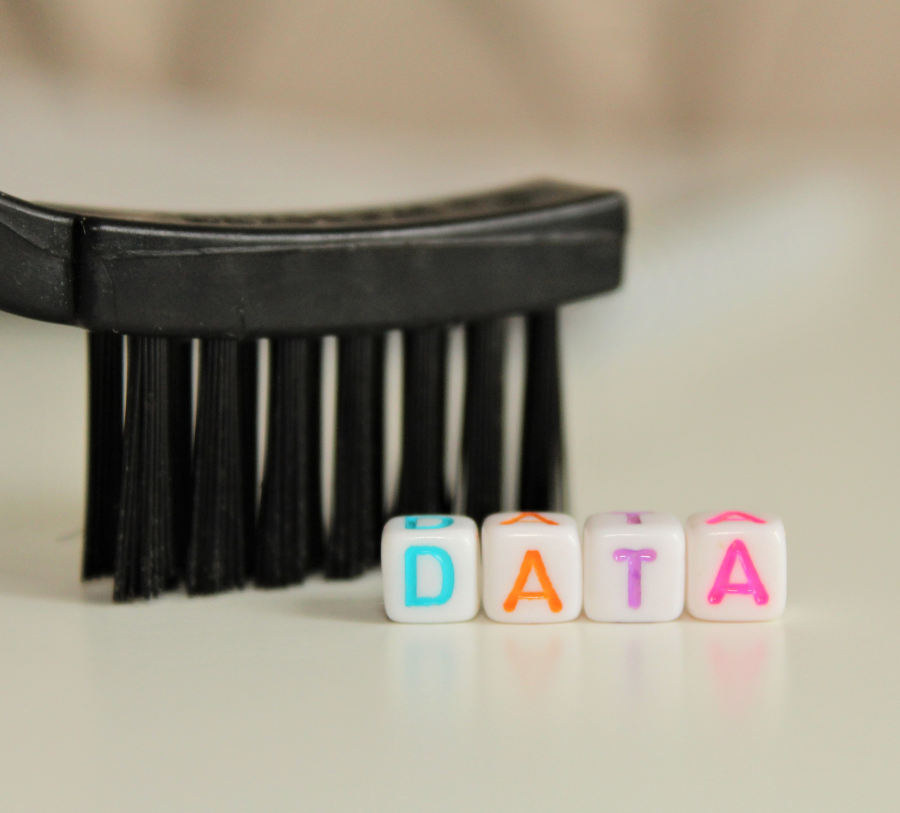Why is Data Cleansing So Important for Businesses?

Businesses and organisations depend on consumer and customer data to drive sales, personalise marketing, and enhance customer experiences. It can be a crucial component of running a business successfully, from customer acquisition to product and service fulfilment and account monitoring processes. However, outdated, duplicate, or incorrect data can lead to wasted marketing spend, poor customer interactions, and compliance risks.
Data Cleansing Has a Significant Impact
Considering that many businesses collect and utilise personal data for multiple purposes, they need to have confidence in their ability to access and harness clean data to create customer profiles, segment markets, tailor products and services, and even fulfil contracts. To leverage personal data effectively and responsibly, businesses must ensure it is accurate.
Data cleansing is critical in maintaining the integrity and reliability of personal data. Of course, by removing errors, inconsistencies, and outdated information, businesses can improve the quality of their data, but what is the potential impact of this?
- Brand loyalty: As consumers, we’ve become accustomed to highly personalised brand communications. Businesses who don’t know their audiences will lose out to those that do.
- Cost reduction: Brand communications are considerable cost centres for businesses. If these comms are based on poor datasets and by default are less effective, the return on marketing spend is considerably reduced.
- Trust and reputation: Consumers are more aware of personal data usage than ever before. Customers want to know and trust that their personal data is being handled with care.
- Reducing carbon footprint: Ensuring databases are clean and accurate means that companies won’t have to waste materials, time, and resources on sending marketing and/or services to individuals who are not going to receive them.
- Regulatory compliance: Failing to update databases could result in breaches of GDPR and other data protection regulations. Clean, accurate data is often a legal requirement as well as best practice.
How is Data Cleansed?
Data cleansing involves a range of techniques aimed at identifying and rectifying data errors and inconsistencies. Some common methods include:
Standardisation
This is where data is converted into a consistent format. For example, addresses may be standardised to follow a specific postal format, making them more consistent and accurate.
Deduplication
Duplicate entries in a dataset can lead to incorrect outputs and errors. Deduplication involves identifying and removing duplicate records to create a more streamlined and accurate dataset.
Validation
Validation checks the accuracy of data against predefined criteria. For instance, email addresses can be validated to ensure they follow the correct format.
Data Enrichment
Enhancing existing data with additional information. This can include appending missing data like phone numbers or social media profiles.
Geocoding
Geocoding assigns geographic coordinates to addresses, enabling businesses to analyse data spatially and provide location-based services.
Removal of Goneaway or Deceased Records
As mentioned earlier, one of the most critical aspects of data cleansing is the removal of goneaway and deceased individuals from business databases. This process, often overlooked, plays a vital role in ensuring data accuracy.
The Importance of Removing Goneaway and Deceased Individuals from Business Data
The inclusion of deceased individuals in business databases can have serious consequences, both ethically and operationally. The GDPR states that businesses must have a legitimate lawful basis to store and process personal data, and businesses have a responsibility to protect and respect the privacy of individuals, including the deceased.
Goneaway records are equally important. Continuing to hold and use old address data can lead to misdirected communications, potential data breaches if sensitive information is sent to the wrong household, and reputational damage if customers feel their data is not being kept up to date.
There are also operational considerations to take into account:
- Many businesses need to be aware of any customers who have unfortunately passed away for account management and fulfilment purposes, and to avoid sending unnecessary communications, wasting services or pursuing unpaid bills.
- Identifying goneaway customers allows businesses to re-engage them through alternative channels, update records where new contact information is available, and avoid wasted marketing spend on undeliverable mail.
- It also serves as best practice for general data management as it can impact how businesses profile and segment their customer base, whether that be for product development, forecasting or market analysis.
At MiExact, we provided verified mortality and goneaway data that is trusted by many large UK consumer brands to cleanse their databases. Whether you need to prevent distressing communications to bereaved families or ensure mail only goes to active, current addresses, our data helps businesses maintain accuracy, compliance, and customer trust. If you’d like more information, please get in touch.